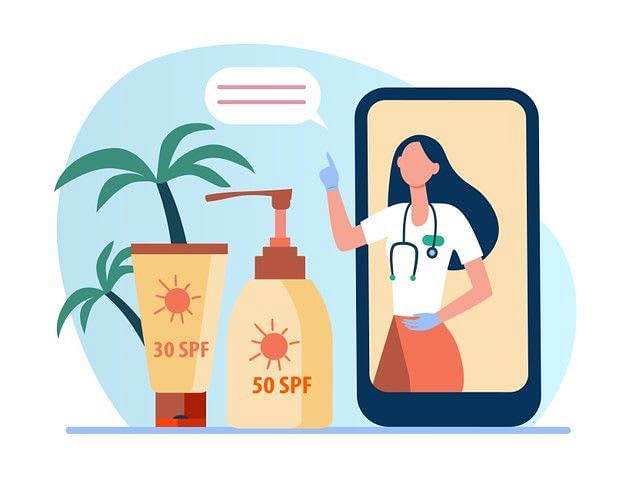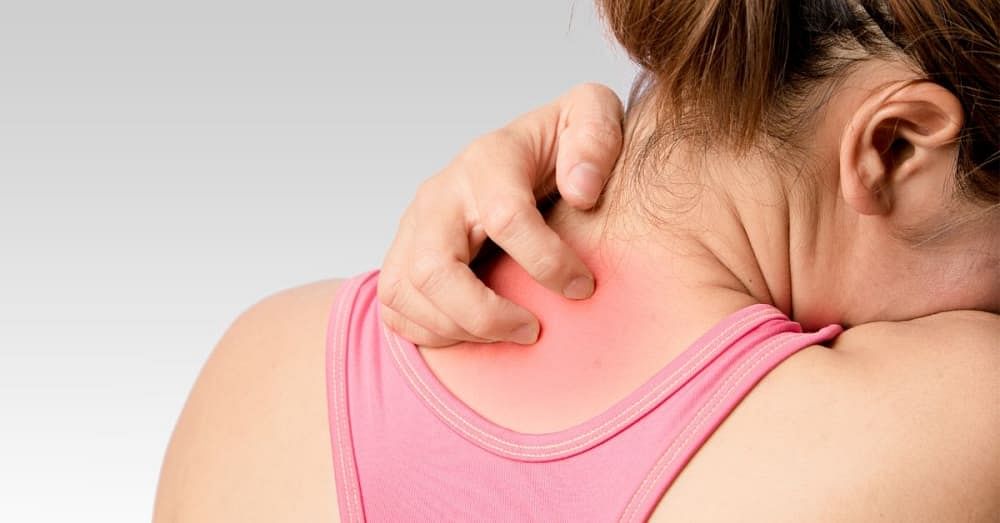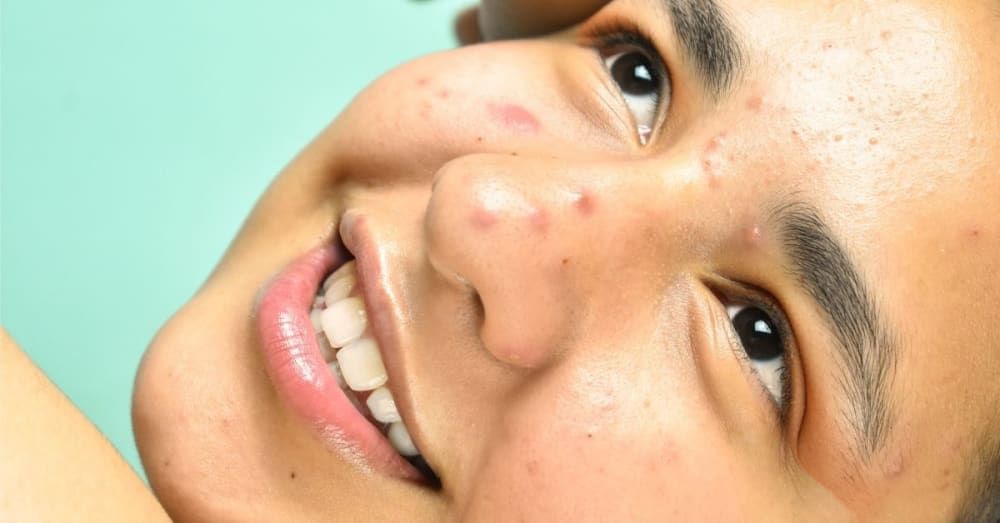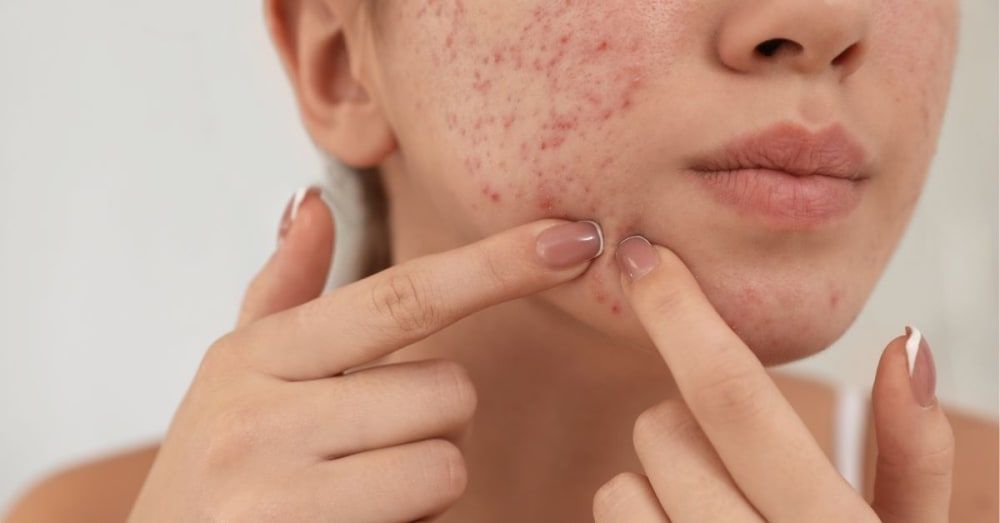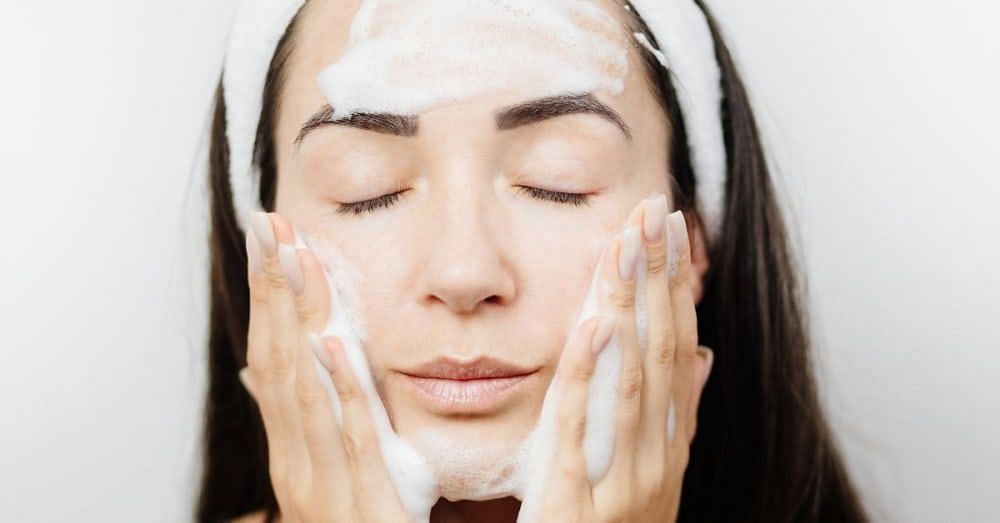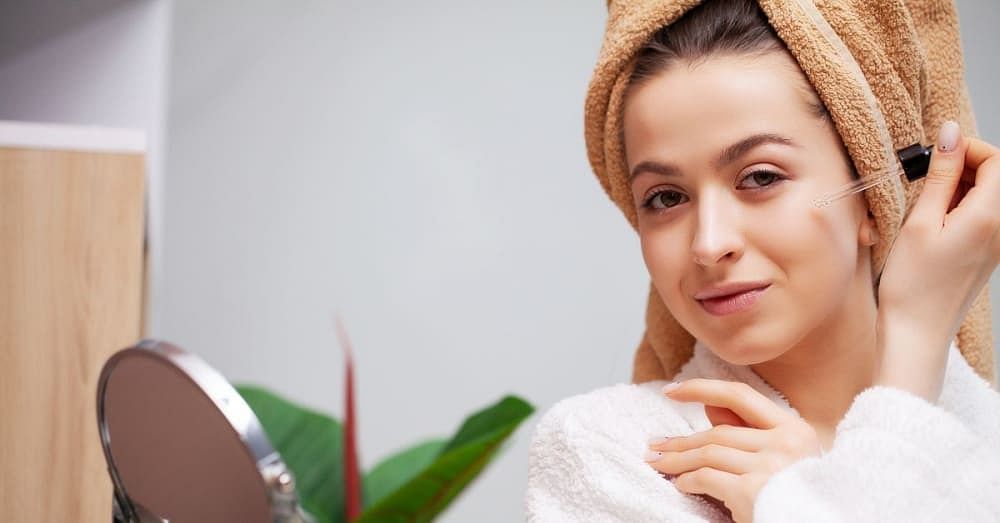Sunscreen, also known as sunblock or suntan lotion, is a lotion, spray, gel, foam (such as an expanded foam lotion or whipped lotion), stick or other topical product that absorbs or reflects some of the sun's ultraviolet (UV) radiation and thus helps protect against sunburn. Diligent use of sunscreen can also help to slow or temporarily prevent the development of wrinkles, dark spots and sagging skin.
Who needs Sunscreen?
Everyone. Sunscreen use can help prevent skin cancer by protecting you from the sun’s harmful ultraviolet rays. Anyone can get skin cancer, regardless of age, gender or race.
Types of Sunscreens
With all the sunscreen options out there, it can be overwhelming to figure out what to look for and which one is best suited for your skin type
Skin type #1: Dry skin
When you have dry skin, your main aim should be adding additional moisture. In this case, you can always benefit from a moisturizing sunscreen in the form of cream, which allows you to layer it on top of your moisturizer. Any sunscreen enriched with moisturizing ingredients such as ceramides, glycerin, hyaluronic acid, and honey are ideal.
Skin type #2: Oily skin
If you have oily skin, try to look for sunscreen in water-based or gel formulas with a matte finish. Ingredients such as green tea, tea tree oil, or niacinamide in your sunscreen can also help you to control oil production.
Skin Type #3: Normal skin
If you have normal skin, there’s not a lot you necessarily need to worry about when it comes to choosing the right sunscreen. No matter if it’s organic or inorganic, gel or cream, you can buy based on what you like most.
People do, however, tend to gravitate towards organic sunscreen thanks to its elegant texture and the fact that it often doesn’t leave any white residue. And if you’re looking to experiment, consider trying one of the many tinted SPF that are currently on the market.
Skin Concern #4: Sensitive skin
If you have sensitive skin, there are several ingredients you’ll want to avoid when shopping for sunscreen. These ingredients could cause a reaction and include alcohol, fragrances, oxybenzone, para-aminobenzoic acid (PABA), salicylates, and cinnamates.
Aiming for a mineral sunscreen with zinc oxide and titanium dioxide is your safest bet because it’s less likely to cause a negative reaction. In addition, ingredients such as panthenol, allantoin, and madecassoside all have soothing properties and may help to reduce irritation.
https://bebodywise.com/product/broad-spectrum-sunscreen
Why women should apply sunscreen
It Protects Your Skin from UV Rays: The depletion of the ozone layer has increased our risk of sun damage from harmful UV rays. Sunscreen blocks these rays, greatly reducing the likelihood of sunburn.
It Lowers Your Skin Cancer Risk: Skin cancer is the most common form of cancer. According to the Centers for Disease Control and Prevention (CDC),many people were diagnosed with melanomas of the skin , and 9,394 of these cases were fatal. By applying sunscreen each day, you cut your risk of contracting skin cancers in half.
Prevents Premature Aging of the Skin: Sun damage from UV rays causes photo aging of the skin, which is characterized by a thick, leathery look; discoloration; and a breakdown of collagen, which contributes to lines, sagging and wrinkles. Studies show that those below age 55 who apply sunscreen regularly have 24 percent less chance of developing these signs of aging than those who don’t.
It Helps Maintain an Even Skin Tone: Sunscreen helps prevent discoloration and dark spots from sun damage, helping you maintain a smoother and more even skin tone.
How do I choose the right sunscreen and SPF for me?
It was once widely believed that a 15 SPF product offered sufficient UV protection under most conditions. Over the last few years that school of thought has changed. It is now known that, often, more sun protection is desirable.
It's ideal to select a sunscreen that blocks enough UV rays to adequately protect your skin type. Use the Sun Protection Factor Guide to help determine your skin type and appropriate SPF. If you have very fair or sensitive skin, a history of skin cancer, or take photo-sensitizing medications, you may need a higher SPF.
Extended periods of sun exposure also call for a higher SPF.
When To Apply Sunscreen
Apply sunscreen approximately 30 minutes before being in the sun (for best results) so that it can be absorbed by the skin and less likely to wash off when you perspire.
Remember to reapply sunscreen after swimming or strenuous exercise.
Apply sunscreen often throughout the day if you work outdoors, and wear hats and protective clothing.
How To Apply Sunscreen
Shake well before use to mix particles that might be clumped up in the container. Consider using the new spray-on or stick for the best sunscreen for face.
Be sure to apply enough sunscreen. As a rule of thumb, use an ounce (a handful) to cover your entire body.
Use on all parts of your skin exposed to the sun, including the ears, back, shoulders, and the back of the knees and legs.
Apply thickly and thoroughly.
Be careful when applying sunscreen around the eyes.
Side Effect of Sunscreen
Some ingredients of sunscreens can cause the skin to become more sensitive. If a sunscreen causes redness or irritation, Acne , wash it off and stop using it. Talk to your doctor or pharmacist about using another sunscreen product with different ingredients.
If your doctor has directed you to use this medication, remember that he or she has judged that the benefit to you is greater than the risk of side effects. Many people using this medication do not have serious side effects.
A very serious allergic reaction to this drug is rare.
Takeaway
Don't depend just on using sunscreen. Your best strategy is to avoid sun exposure when possible.
Sun-protective clothing, which has become increasingly popular, is a nice addition to using sunscreen.
Remember that sunscreen needs to be reapplied approximately every two hours. The effect of chemical sunscreen wanes after you apply it, and most sunscreens tend to be sweated off.

